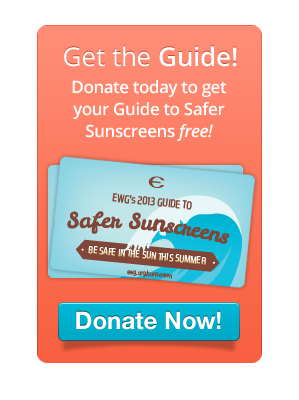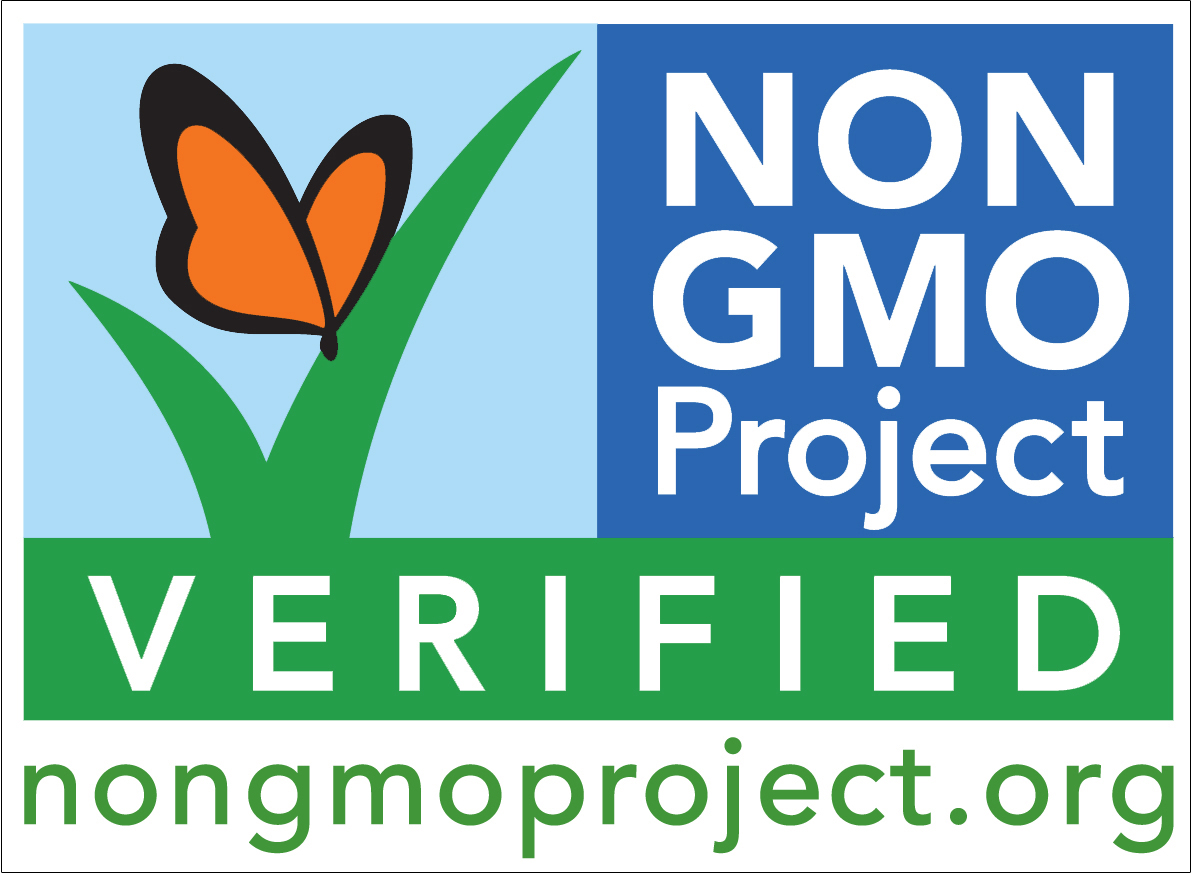Hello, I’m Elizabeth and I used to be a Johnson’s Baby Oil junkie. 
All through my teens I slathered my freshly showered skin with mineral oil before toweling off every day, and each summer I covered myself in the oil to bake in the sun on a lawn chair in the yard. I cringe now to think of myself back then.
Those were in the days before I realized that Johnson’s Baby Oil is actually mineral oil, a byproduct of refining petroleum linked to organ system toxicity. Even worse, the fragrance added to Johnson’s Baby Oil is considered highly hazardous and can lead to immunotoxicity. I shudder to think of how much toxic petroleum I’ve absorbed through my skin and added to my toxic load just from my mineral oil addiction. Maybe it’s not such a surprise that I developed an auto-immune disorder at thirty.
Our state is known for its dry air, and going without daily moisturizer makes me start to itch, but now I am aware enough to choose safe, natural skin care products that enrich my skin rather than the petroleum industry. Mineral oil is simply not safe to use on skin for adults, or for babies, either.
Lately, I’ve been splashing pure sweet almond oil on my wet skin after showering and am loving the smooth, silky feeling it is leaving me with all day. Unless you are allergic or sensitive to almonds, almond oil can be a good choice to moisturize skin and hair, particularly curly hair. Pure sweet almond oil has a toxicity rating of zero in the Environmental Working Group’s SkinDeep database of personal care products and cosmetics, but beware of blended products as they may also contain other more toxic ingredients.




